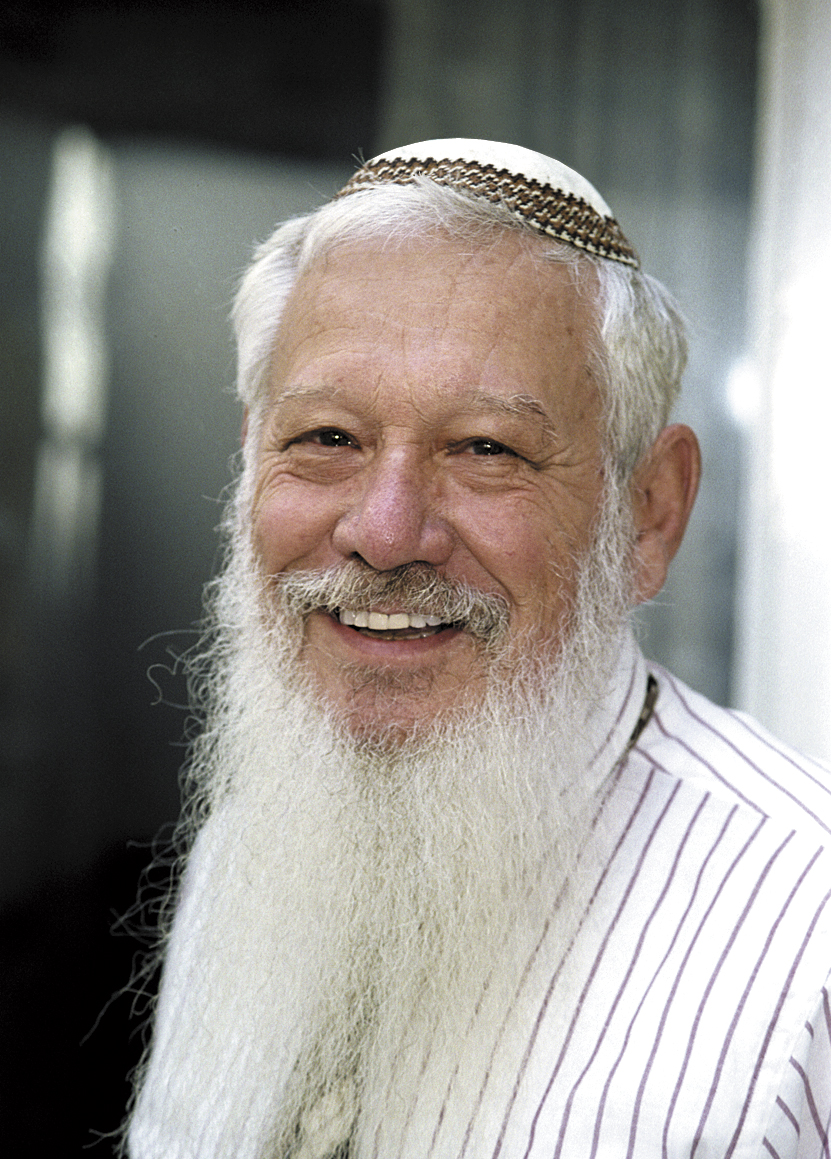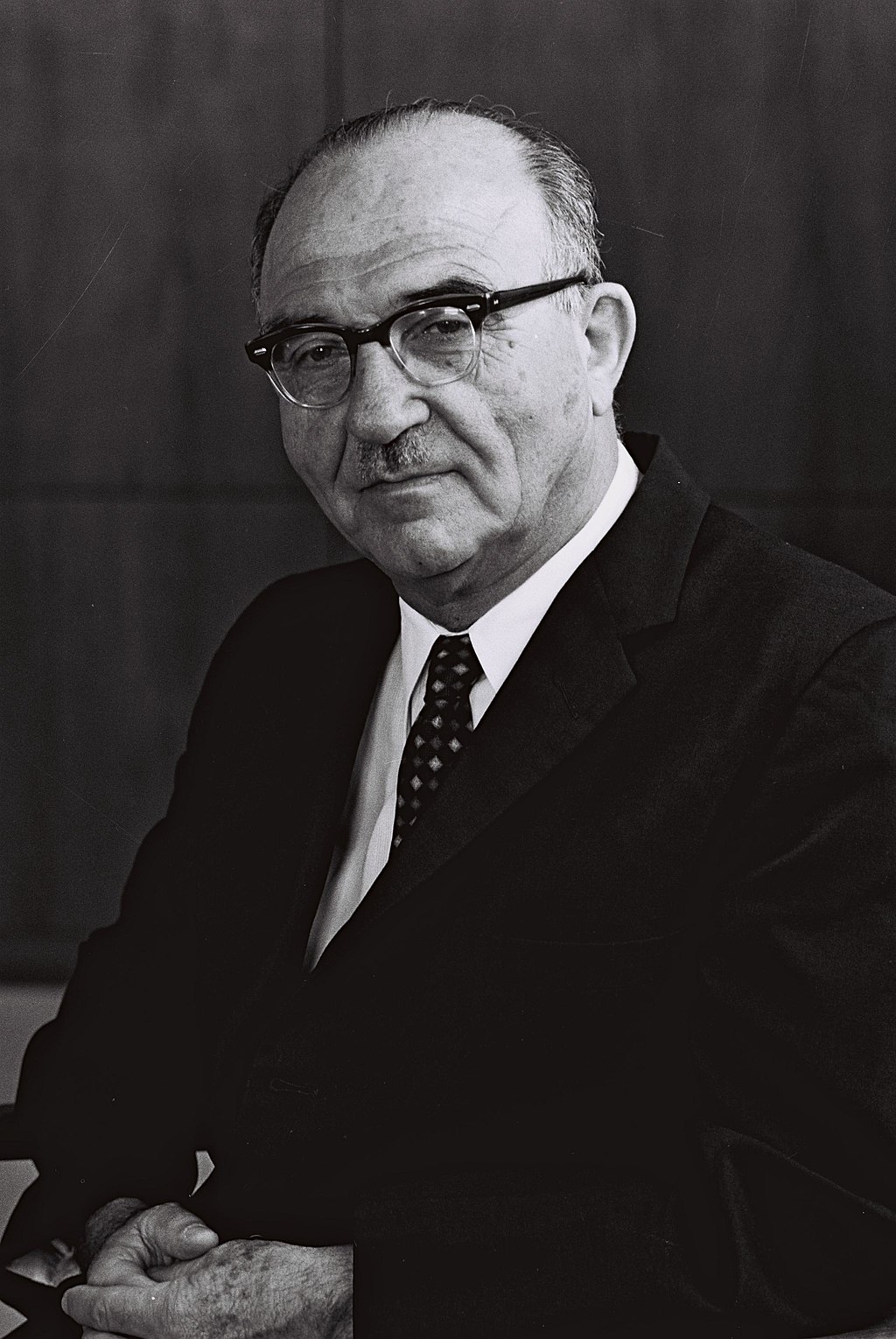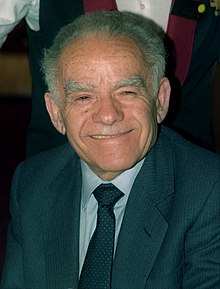Introduction
Israel Robert Aumann is an Israeli-American mathematician and a key figure in the development of game theory, a field that has transformed economics, political science, and evolutionary biology. Born on June 8, 1930, in Frankfurt, Germany, Aumann emigrated to the United States and eventually to Israel, where his work earned him the Nobel Prize in Economic Sciences in 2005. His insights into conflict and cooperation through game theory have had profound implications for understanding economic behavior and international relations.
Early Life and Education
Aumann’s early life was marked by significant upheaval, as his family fled Nazi Germany in 1938. They settled in the United States, where he pursued his education, earning a bachelor’s degree in mathematics from the City College of New York. He went on to receive his Ph.D. in mathematics from the Massachusetts Institute of Technology (MIT) in 1955, focusing on game theory and decision-making processes.
Contributions to Game Theory
Aumann is best known for his formal analysis of infinitely repeated games, which has provided a better understanding of how cooperation can be sustained over time in various settings, even when individuals have incentives to act in their own self-interest. His research has applications in economics, political science, and even biology, particularly in understanding competitive behaviors and evolutionary strategies.
One of Aumann’s significant contributions is his work on ‘correlated equilibrium,’ a refinement of Nash equilibrium that allows players to use signals to achieve mutually beneficial outcomes. This concept has been instrumental in understanding how economic agents can coordinate their strategies to achieve better results, leading to more effective policies in economics and political negotiations.
Nobel Prize and Global Impact
In 2005, Aumann shared the Nobel Prize in Economic Sciences with Thomas Schelling for their work on game theory analysis of conflict and cooperation. His work has been influential in explaining how rational actors behave in situations involving strategic interaction, such as negotiations, trade, and international diplomacy.
Aumann’s contributions have also been crucial in the study of repeated games, providing a framework for understanding how long-term relationships and reputations influence decision-making. This has had implications for everything from labor negotiations to military strategies, where understanding the dynamics of trust and betrayal is crucial.
Current Work and Legacy
Israel Aumann continues to be a prominent voice in discussions about rational behavior, economics, and international relations. He has also been an active participant in debates on political issues in Israel, advocating for policies based on game-theoretic principles. He remains a professor at the Hebrew University of Jerusalem, mentoring students and conducting research that bridges theoretical and practical aspects of game theory.
Aumann’s legacy is seen in the vast application of game theory across multiple disciplines, demonstrating the power of mathematical reasoning in understanding and solving real-world problems.



